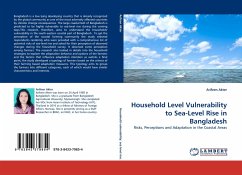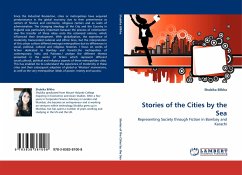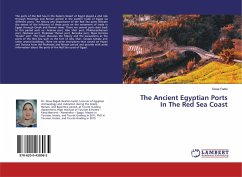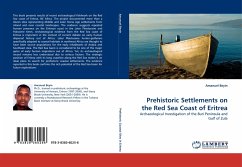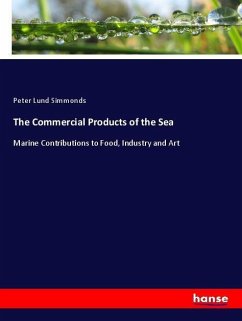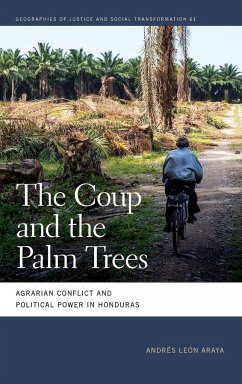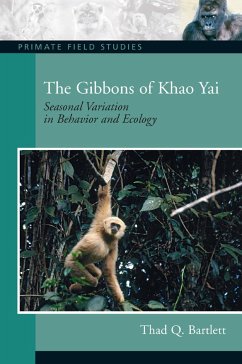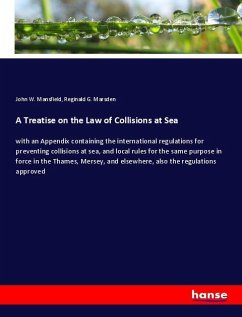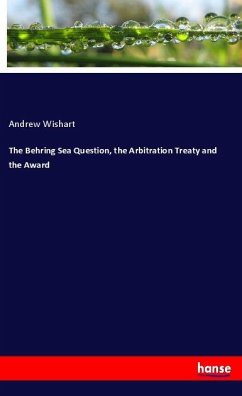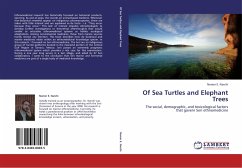
Of Sea Turtles and Elephant Trees
The social, demographic, and toxicological factors that govern Seri ethnomedicine
Versandkostenfrei!
Versandfertig in 6-10 Tagen
52,99 €
inkl. MwSt.

PAYBACK Punkte
26 °P sammeln!
Ethnomedicinal research has historically focussed on botanical products, ignoring, by and at large, the records on animal-based medicine. Whenever non-botanical remedies appear on indigenous pharmacopoeias, these are taken with little interest and are explained as de facto - i.e. They occur because they occur- This lack of interest impedes ethnobiologists to develop further investigations or theoretical afterthoughts that would enable to articulate ethnomedicinal systems as holistic ecological adaptations. Among non-botanical medicines, those from marine sources hardly receive any mention. Thi...
Ethnomedicinal research has historically focussed on botanical products, ignoring, by and at large, the records on animal-based medicine. Whenever non-botanical remedies appear on indigenous pharmacopoeias, these are taken with little interest and are explained as de facto - i.e. They occur because they occur- This lack of interest impedes ethnobiologists to develop further investigations or theoretical afterthoughts that would enable to articulate ethnomedicinal systems as holistic ecological adaptations. Among non-botanical medicines, those from marine sources hardly receive any mention. This book describes how do botanical and marine medicines relate within an ethnomedicinal knowledge system. In this research, I focussed on Seri ethnomedicine. The Seri are an indigenous group of hunter-gatherers located in the mainland portion of the Central Gulf Region in Sonora, Mexico. Seri posses an extremely pragmatic ethnomedicinal system which provides a rich case for this examination. During a one year long survey in a Seri village, and aided by 67 Seri collaborators, I came to the conclusion that Seri marine and terrestrial medicines are part of a single body of medicinal knowledge.



